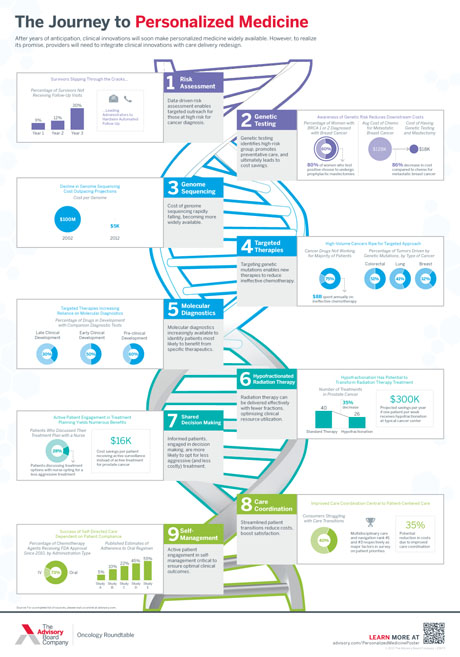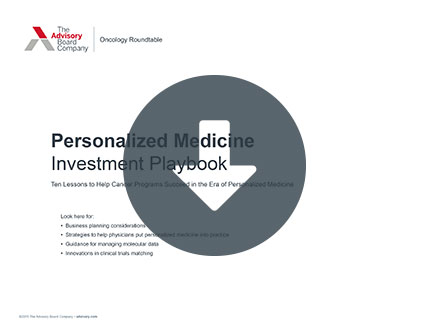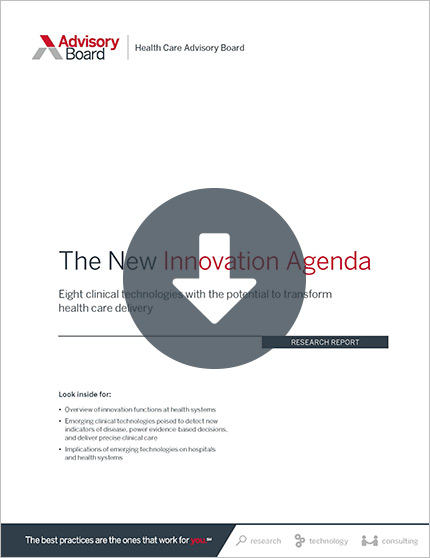Auto logout in seconds.
Continue LogoutEighteen scientists from seven countries, including the United States, on Wednesday called for a temporary moratorium on gene-editing experiments on germline cells to allow time for the development of an international framework to guide such experiments.
Gene-editing treatments—and 7 other technologies that could transform health care
Background
Scientists for years have debated the ethics of using gene-editing tools, such as CRISPR, to edit the DNA of human eggs, sperm, or embryos—a practice known as germline editing—that would develop into genetically altered babies, Axios reports.
About 30 nations, including the United States, have laws on file that directly or indirectly prohibit this type of gene editing. In the United States, federal law requires scientists to receive FDA approval for such experiments, and FDA is barred by law from evaluating those proposals.
But in November 2018, Chinese researcher He Jiankui stunned the scientific community when he announced that he'd used CRISPR to create the world's first genetically modified human babies. He claimed he used CRISPR to alter the DNA of twin girls in order to create a child who would be immune to HIV.
The scientific community largely condemned He's experiment as "rogue human experimentation." Kiran Musunuru, a gene editing expert at University of Pennsylvania, said the experiment, which was not used to address an immediate medical need, subjected the twins to “all the unknown safety risks” of genetic modification.
Details of the moratorium
In direct response to He’s actions, eighteen scientists and ethicists from seven countries, including the United States, in a commentary published in the journal Nature on Wednesday called for a temporary moratorium on germline gene-editing experiments.
The authors—who included Feng Zhang of the Broad Institute of the Massachusetts Institute of Technology and Harvard University and Emmanuelle Charpentier of the Max Planck Unit for the Science of Pathogens in Berlin, two of the primary inventors of the CRISPR process—condemned He's experiment.
They wrote, "To begin with, there should be a fixed period during which no clinical uses of germline editing whatsoever are allowed."
The moratorium would bar germline cell editing designed to result in pregnancy. The authors also draw a distinction between a genetic "correction" and genetic "enhancement" that should be further discussed during the moratorium. They note that a correction would include editing out a rare mutation for therapeutic medical purposes, while an "enhancement" seeks to "'improve' individuals and the species," such as by editing cells to enhance a person's "memory or muscles, or even to confer entirely new biological functions, such as the ability to see infrared light or break down certain toxins."
The authors argue that the moratorium would allow "for discussions about the technical, scientific, medical, societal, ethical and moral issues that must be considered before germline editing is permitted."
In addition, they wrote the moratorium "would provide time to establish an international framework." The authors envision the framework—which they said would be voluntary—could be supported by an independent governing board or the World Health Organization.
Eric Lander, lead author of the commentary and head of the Broad Institute of MIT and Harvard University, and Zhang said the scientists authored the commentary to acknowledge that existing ethical rules surrounding gene editing have failed to curb violations and rogue applications of the technology.
Zhang said CRISPR is "a very powerful technology that has a lot of potential to improve our lives, improve our health, improve our environment, improve our agriculture." But as with any powerful technology, Zhang warned, "we can get ahead of ourselves." He added that unethical use of the technology could lead to the creation and normalization of "designer babies": genetically enhanced babies created in absence of any immediate medical need for gene alteration. "It could further exacerbate inequality. It could create a total mess in society," he said.
Reactions
NIH director Francis Collins on Wednesday released a statement expressing the agency's "stron[g]" support of the scientists' call for a moratorium, adding that an "international moratorium should be put into effect immediately."
But some experts, including CRISPR pioneer Jennifer Doudna of the University of California at Berkeley, said that a moratorium would do little to stop scientists from practicing gene-editing on heritable traits. In fact, she warned the temporary ban might push scientists to take their work behind closed doors. "[T]his is effectively just rehashing what's been going on for several years," Doudna said. "To me [a moratorium] implies enforcement. I don't want to drive others underground with this. … Gene editing, it's not gone, it's not going away, it's not going to end."
Helen O'Neill, program director for Reproductive Science and Women's Health at University College London, also said the call for a moratorium overlooks the existing global ban of germline gene editing—and it does nothing to stop scientists like He from continuing their experiments.
Harvard biologist George Church said, "It's not sufficient that everybody promises to do the right thing," adding, "You need an enforcement mechanism."
But Lander believes the moratorium, coupled with an international framework, could help countries figure out "how [to] govern complex technology." He said, "Powerful technologies, we just increasingly see they have upsides and downsides. We can't just throw up our hands and say there's no way to stop it. There is a way to guide it" (Baker, "Vitals," Axios, 3/14; Achenbach, Washington Post, 3/13; Begley, STAT News, 3/13; Steenhuysen, Reuters, 3/13).
Gene-editing treatments—and 7 other technologies that could transform health care
Our new report explores the clinical technology pipeline to help health care leaders become more conversant in the major vectors of innovation, leading applications of new technologies, and the business implications for established providers. Read on to unpack the new innovation agenda.
Don't miss out on the latest Advisory Board insights
Create your free account to access 1 resource, including the latest research and webinars.
Want access without creating an account?
You have 1 free members-only resource remaining this month.
1 free members-only resources remaining
1 free members-only resources remaining
You've reached your limit of free insights
Become a member to access all of Advisory Board's resources, events, and experts
Never miss out on the latest innovative health care content tailored to you.
Benefits include:
You've reached your limit of free insights
Become a member to access all of Advisory Board's resources, events, and experts
Never miss out on the latest innovative health care content tailored to you.
Benefits include:
This content is available through your Curated Research partnership with Advisory Board. Click on ‘view this resource’ to read the full piece
Email ask@advisory.com to learn more
Click on ‘Become a Member’ to learn about the benefits of a Full-Access partnership with Advisory Board
Never miss out on the latest innovative health care content tailored to you.
Benefits Include:
This is for members only. Learn more.
Click on ‘Become a Member’ to learn about the benefits of a Full-Access partnership with Advisory Board
Never miss out on the latest innovative health care content tailored to you.



